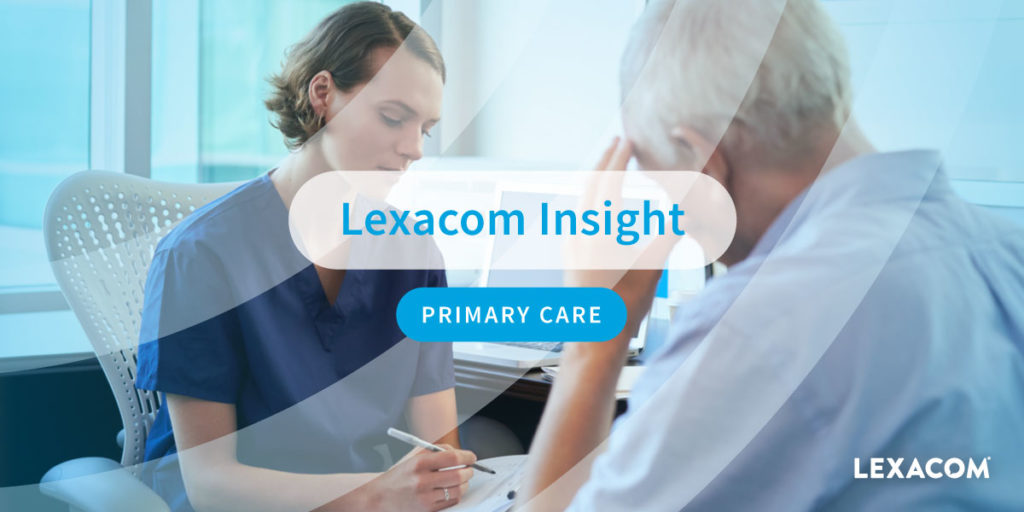What is the impact of patients’ access to medical records?
Patients’ access to their medical records will impact how general practitioners work.
All clinicians want to work in partnership with their patients to manage their illnesses and achieve the best health outcomes.
The new ability of patients to easily see their medical records will allow a greater understanding of their health issues and will lead to a greater sense of engagement and personal responsibility for their health. A topic that we looked at in some depth in an earlier article.
There are, however, concerns for most General Practitioners.

Medical terminology is not plain English.
For centuries, the ancient languages of Latin and Greek have been used in medicine. Additionally, over many decades, medical staff have created their own litany of abbreviations and medical terminology that is used to record their consultations and diagnoses accurately and succinctly.
However, now that patients will be able to read what their General Practitioner has written about them, via the NHS app, the question has to be asked, will they fully understand what they have read?
Will it empower and inform the patient?
Or, more concerningly, will it confuse them and cause greater angst?
Patients’ access to medical records leaves GPs with two choices.
With this situation General Practitioners seem to have only two choices moving forward:
1. Continue doing what they have always done.
That is, continue to use the medical terminology they’ve been using, with its inherent barrier to comprehension for the vast majority of their patients. And by so doing run the risk of an increase in calls to their practice from patients querying what their notes say.
2. Change the way they record every consultation so that it is easy for the patient to understand.
That is, break the habits and work practices of years, if not decades, and spend more time on their notes to make them easier to understand for the patient.
So, for example, rather than type, “I need to exclude hypothyroidism”, they would type “I need to exclude an underactive thyroid gland”.
(which is a 43% increase in the number of key-strokes needed)
Patients’ access to medical records – there is a third choice.
Neither of these options is appealing to General Practitioners, given what they have been through over the last few years, and the burden they and their practice teams face as we head into winter.
That is why Lexacom’s founder, Dr Andrew Whiteley, previously a GP himself, set out to resolve this challenge. Working to find a solution that minimised the increased burden of patients’ access to medical records, while eliminating the need for General Practitioners to change the way they work.
Lexacom Echo 2.7 – the best choice.
The result is Lexacom Echo 2.7.
The latest and most advanced edition of our medical speech recognition software.
Patient Mode.
With a click of a button or a press on the keyboard, Lexacom Echo 2.7 changes to “patient mode”.
In this mode, the General Practitioner records their consultation, as they have always done, but when they use a medical term or abbreviation, Lexacom Echo inserts its plain English meaning in brackets.
Hence, no extra work for the General Practitioner when writing consultation notes to make them clearly understood by the patient.
Works on previously written text.
This is such an important feature for document creation in the healthcare setting, that it has also been configured to work on any previously written (and still editable) text.
Simply highlight the text, press another key, and Lexacom Echo 2.7, through Comprehension Engine® works its magic, adding plain English explanation to all relevant words and abbreviations.
Further, any confusing terms that are not explained, can easily be submitted to Lexacom, to be added quickly to Comprehension Engine® to ensure it is explained the next time.
The first of many innovations.
This is the first of many unique and valuable innovations that Lexacom is bringing to its customers over the coming weeks and months.
Delivering more ways to help busy clinicians survive their increasing administrative workload.
